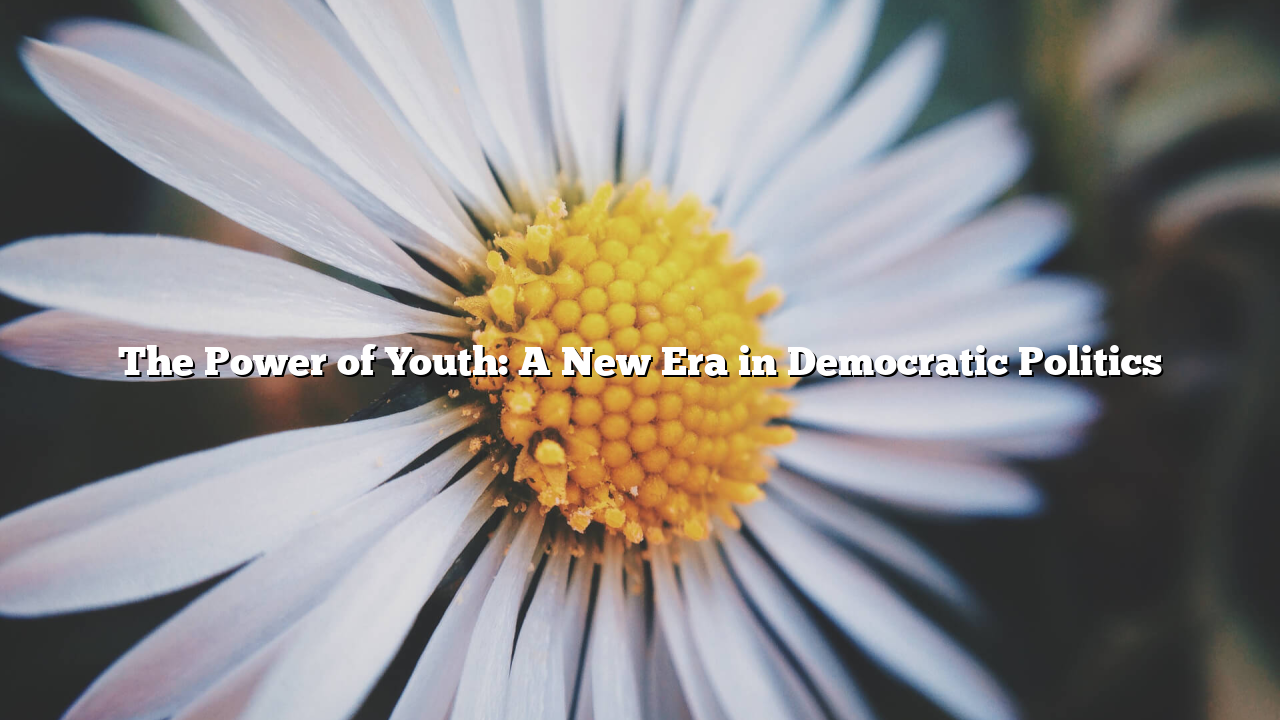In fero4d login , political landscapes around the world have begun to shift in a noticeable and powerful way. While traditionally dominated by older generations, the political arena is increasingly being shaped by the voices and actions of young people. From protests to parliamentary seats, the new wave of politically active youth is redefining democracy in the 21st century.
One of the key driving forces behind this change is the growing accessibility of information. Social media platforms, online forums, and independent news sites have created new avenues for political awareness and engagement. Unlike previous generations, today’s youth have grown up with the internet as a central part of their lives, allowing them to access real-time updates on global issues, connect with like-minded individuals, and organize movements with unprecedented speed and scale.
Movements such as the climate strikes led by Greta Thunberg, the pro-democracy protests in Hong Kong, and widespread youth participation in the Black Lives Matter movement are all examples of how young people are taking initiative to influence political discourse. In many countries, they are no longer just demanding change — they are becoming the change, running for office and winning seats in local and national governments.
However, the involvement of youth in politics is not without challenges. Many political systems are still structured in ways that limit young people’s participation. Age restrictions, limited political education in schools, and a lack of trust from older politicians can hinder young voices from being taken seriously. Additionally, economic barriers, such as student debt and lack of job security, can make political activism and candidacy less accessible for many.
Despite these obstacles, the impact of youth on politics continues to grow. In democracies such as Indonesia, India, the United States, and various European countries, voter turnout among young citizens is rising after years of decline. Political parties are beginning to recognize the importance of addressing issues that matter to younger demographics, such as climate change, digital rights, education reform, and social justice.
Moreover, the presence of young politicians in office is beginning to change the tone and approach of policymaking. Younger leaders tend to bring fresh perspectives, are more technologically savvy, and often prioritize collaboration over partisan division. This generational shift is gradually transforming traditional political systems into more inclusive and forward-thinking spaces.
Another significant aspect is the role of education. As political education becomes more integrated into curriculums, students are developing a stronger understanding of democratic processes, civil rights, and critical thinking. This equips them with the tools to become informed voters and effective advocates for change. In countries where civic education is emphasized, there is often a correlation with increased youth participation in elections and community initiatives.
Yet, youth involvement must be nurtured, not just expected. Governments, educational institutions, and civil society organizations all play a role in creating environments where young voices can thrive. Mentorship programs, accessible platforms for dialogue, and funding opportunities for youth-led initiatives are essential in sustaining this momentum.
In conclusion, the role of young people in modern politics is more vital than ever. As the world faces complex and rapidly evolving challenges — from climate change to digital privacy — fresh perspectives and new ideas are desperately needed. Empowering the younger generation is not just an investment in the future; it is a necessary step toward a more vibrant, resilient, and truly representative democracy.
